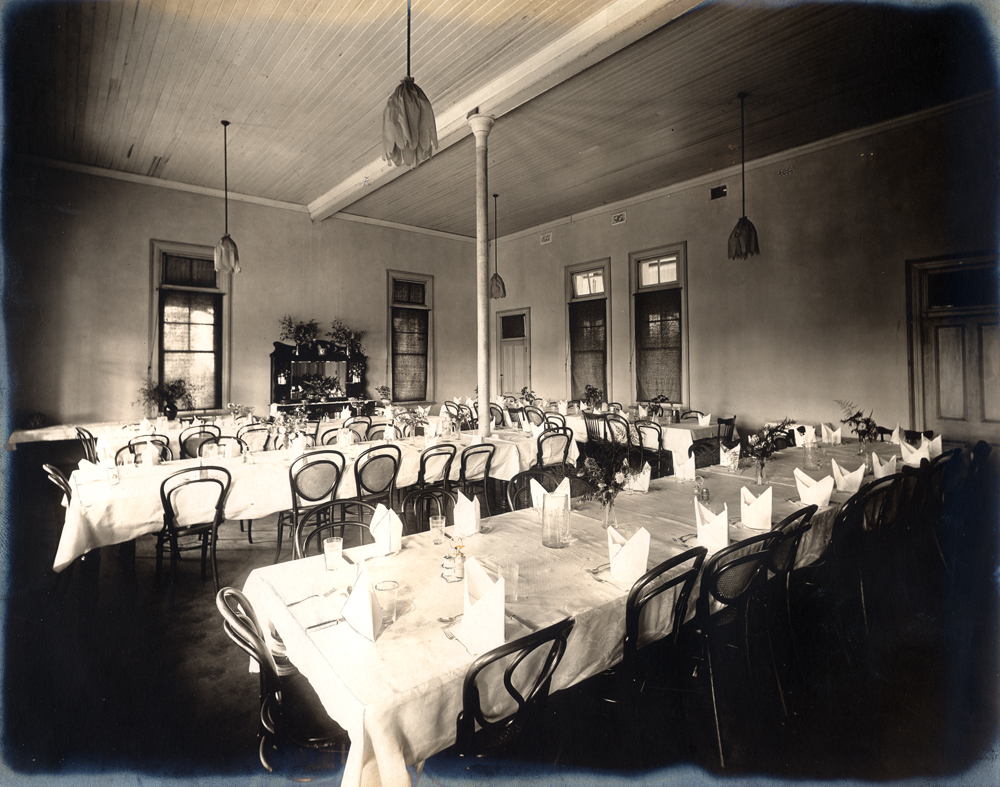Last week I was invited back to my old school to preach at the end of term service Commemoration service. For the girl who rarely spoke in class, this was quite overwhelming. Looking out over a nave of 600+ teenager faces; knowing that my former Headteacher - and my mother - were in the congregation... yes, that was pretty emotional.
Some reflections on being at HCS: Whilst at Hereford Cathedral School, I developed a love of literature which led to studying English, French and German at A-level, despite not being a very confident linguist! I enjoyed being a member of the Choral Society and First Orchestra; Saturday morning lessons and the Hull Cup were perhaps less fun. My particular memories of this place - my favourite cathedral - include serving at Carol Services, Monday morning hymn practice and singing Jerusalem on Leaver’s Day.
So what follows is a sermon exploring the theme of honour based on Proverbs 25:2-7 and Luke 14:7-11 - written on a severely disrupted train journey!
Lats year, The Shed at Dulwich was rated by Trip Advisor as the number one dinner venue in London. Described as exclusive and quirky, this appointment only restaurant offered a menu of options based on moods such as "comfort" and "contemplation".
PR companies and suppliers all wanted a slice of the fame; the phone didn’t stop ringing with potential bookings.
All this… without The Shed at Dulwich serving a single customer.
In the end, the blogger behind the enterprise opened his garden shed for one evening only - serving cuppa soups and ready meals adorned with edible flowers.
He’d made his fake restaurant real.
The Shed at Dulwich reflects how our food culture is experienced on social media: the lure of exclusivity and new 'experiences'; capturing moments, filtering the selfie and tagging friends.
Apparently I’m part of the Xenial generation - growing up with an analogue childhood and growing into a digital adulthood. So I’m sucked into this too. As we sit down to eat, we might be texting, using Snap Chat, checking in on Facebook or posting photos of our meal on Instagram.
What would Jesus, an astute observer of our social attitudes, make of the impact of the digital world on our face to face interactions: the way we share meals, the judgements we make about others and our own pride or status?
When we’re concerned with our Twitter followers, he invites us to follow his example.
When we’re addicted to Facebook likes, he invites us to be humble and generous.
When we tempted to leave our phone on the table when we eat, he invites us to give our full attention to the people we’re with.
The scene described in our second reading, is recognisable. Walk into any dining room, and we’ll be alert to the signifiers of status, honour or importance.
Perhaps there’s a top table; perhaps the sixth form don’t have to queue. Do the popular or sporty people sit together? do we notice others sitting alone? Have we ever been asked to move - or find ourselves looking around anxiously for a friendly face?
It can be a struggle to make sense of the subtle - or less than subtle - social signals about status and belonging. Jesus decodes what’s going on around the table.
The really important people could rock up fashionably late and, after making a grand entrance, use their confidence and privilege to claim ‘their place’. Meanwhile, those who had arrived early would want to find a good seat - possible the best seat - knowing there was a risk of immense social awkwardness or embarrassment.
Jesus responds by telling a story drawing on the wisdom of Proverbs. He has compassion on them - and us - as we try to navigate the system. At first glance, we might think he’s simply saying: to get the best seat, chose the worst seat.
It’s more radical than that. Rather than offering us a different way to play the game, he calls us out on how self-seeking this game of disgrace and honour is. Instead he stretches our imaginations and invites us to think about how we live well.
If we are less anxious about where we sit or whose company we keep, if we stop trying to exalt ourselves, might we make space for others? Might our impact be one of generosity and kindness? In being humble ourselves, might we give dignity
others and allow them to flourish?
Today, as we give thanks for those who have generously supported this school as a place of learning, Jesus’ wisdom challenges us to follow their example. We are invited to think about our impact on others - in the kindness we show them and the encouragement we give. We are invited to think about our own legacy.
That’s not just pursing excellence in our chosen subjects, activities, passions and careers - seeking a place of honour for its own sake. Rather we are to honour others - delighting in their difference and their brilliance; choosing to welcome rather than humiliate; challenging exclusion based on age, gender, race, sexuality or ability.
As we look at the communities we’re part of, who is regarded with honour and who is looked down upon? Dare we do things differently!
A Christian foundation such as this cathedral - as this school - has the potential to build huge amounts of social capital: where the teacher and the virger, the lab technician and the form monitor, the laundress and the high sheriff, the lawyer’s son and the plumber’s daughter are held in equal dignity and potential.
And this is good news not just for us, but for our world. What we learn in this school - empathy and generosity, compassion and service - enables us to contribute to the wider society.
It’s a society where many are lonely or live alone; where inequality is increasing and many are fearful; where there are flourishing enterprises, vibrant arts and new discoveries; where we need investment in housing, health, social care and education; where Brexit has revealed divisions, challenges and opportunities.
We - you and me- have our part to play in shaping a vision for our national life which cultivates a sense of being in community; where all can be valued and contribute. Where every seat at the proverbial table is a seat of honour. You can be a sign of hope and generosity. In the power of the Spirit, you share the love of God revealed in Jesus.
This message is not for HSC: it is a message for how we might, encouraged by our Archbishop, reimagine Britain on foundations of hope.
As Archbishop Justin puts it: ‘the people of God are called to be a blessing to those places where they live. Obedience to God is seen in imitation of God, and those in love for those in the world around and in care for the concerns of God: the poor, the weak, and the creation. Most of all… a people of hope, of faith and of love for one another, for neighbour and even for enemy’.
Let’s be generous, hospitable and humble. Let’s honour others.
We aren’t in the business of making a fake restaurant real; but in making real the true values of God’s Kingdom.
© Julie Gittoes 2018




